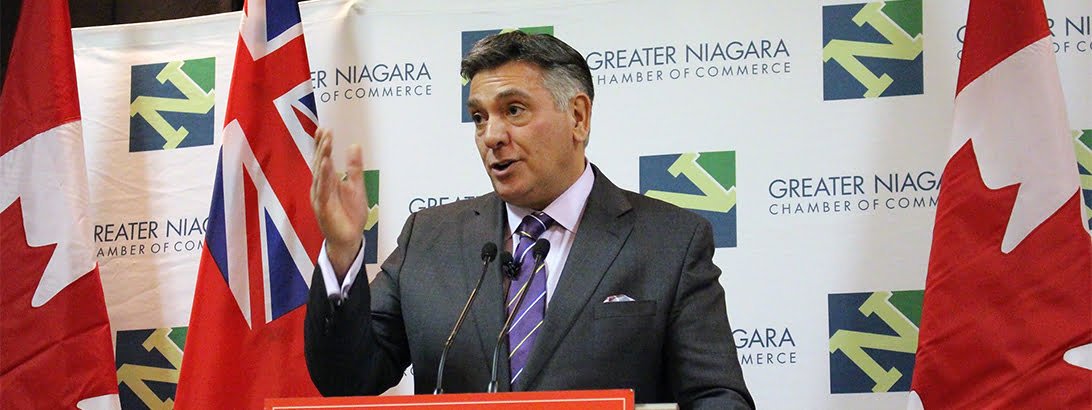The Government of Ontario released its 2017 budget this afternoon at the Legislative Assembly. The Ontario Chamber of Commerce’s recent Ontario Economic Report found that only 24 per cent of Ontario businesses are confident about the Ontario economy, and in light of this, the tone set by the 2017 Budget will be crucial to Ontario’s prosperity.
Although the budget is balanced for 2017-18, it is not expected to last beyond this fiscal year; the deficit will grow back to $1.7-billion by 2020. Although the economy is doing well, growing by an inflation-adjusted rate of 2.7 per cent last year (ahead of any G7 country), the debt will also continue to grow, reaching $335.9 billion by 2019-20.
The GNCC has previously noted that although the provincial debt is not currently slowing the provincial economy, there is a growing danger that it will start to if not checked. For that reason, the Chamber wants to see a plan to substantially pay down the public debt within a reasonable time-frame.
This plan must be balanced against the need to invest, however. Spending in key areas has not kept pace with inflation or population growth. The government did redress this with new spending announced in key social areas such as healthcare, childcare, and pharmacare for children and youth, but unfortunately, no substantial new spending that would directly benefit business was announced.
Electricity remains the second-greatest concern for businesses in the province, behind talent and hiring. The province will spend $1.44-billion on relief to consumers for rising electricity rates, and has committed to ensuring that rate increases over the next four years will be held to inflation.
However, this is not good business practice. The GNCC has not advocated for electricity rate relief by merely transferring the burden of high rates onto taxpayers, but has advocated – and will continue to advocate – for deeper changes in the way we generate and transmit power, and in how the structures that do so are organized, which will bring the actual costs down.
The government is also allowing (but not requiring) municipalities to bring in special taxes on hotel rooms, including short-term rentals similar to AirBnB. If the municipal governments of Niagara Falls or other jurisdictions in Niagara explore such an option, the GNCC hopes that they only do so in full consultation with industry stakeholders, so that the solution arrived at will strike a balance between generating revenue for city services and fostering job growth in the tourism sector.
Finally, the GNCC notes that in 2009, the Government of Ontario pledged to reduce the Corporate Income Tax rate to 10 per cent by 2013. However, in 2012, the reduction was halted at 11.5 per cent, and Budget 2017 contained no commitment to return to that promise. If fully implemented, it has been estimated that this reduction would create new capital investment of $47 billion, increased annual incomes totalling $29.4 billion, and 591,000 net new jobs. That the government would not return to this pledge and to its commitment to the growth of Ontario’s businesses is disappointing.
Click here to read the Ontario Chamber of Commerce’s response to the 2017 Ontario budget:
http://www.occ.ca/media-release/2017provincialbudget/
Quotes:
“In the current economic climate, we had hoped for more investment and stimulus for business, including a return to the promised corporate tax rate cuts. The government’s approach to high electricity bills was to pay them down from general tax revenues, and while rate reductions will be welcomed, we really wanted to see the root causes of our high rates addressed. The province is also running out of time to address the provincial debt, and the business community greatly desires a sound plan that will return the province to the black.”
– Mishka Balsom, President & CEO, GNCC
For more information, please contact:
Mishka Balsom
President & CEO
Greater Niagara Chamber of Commerce
mishka@gncc.ca



